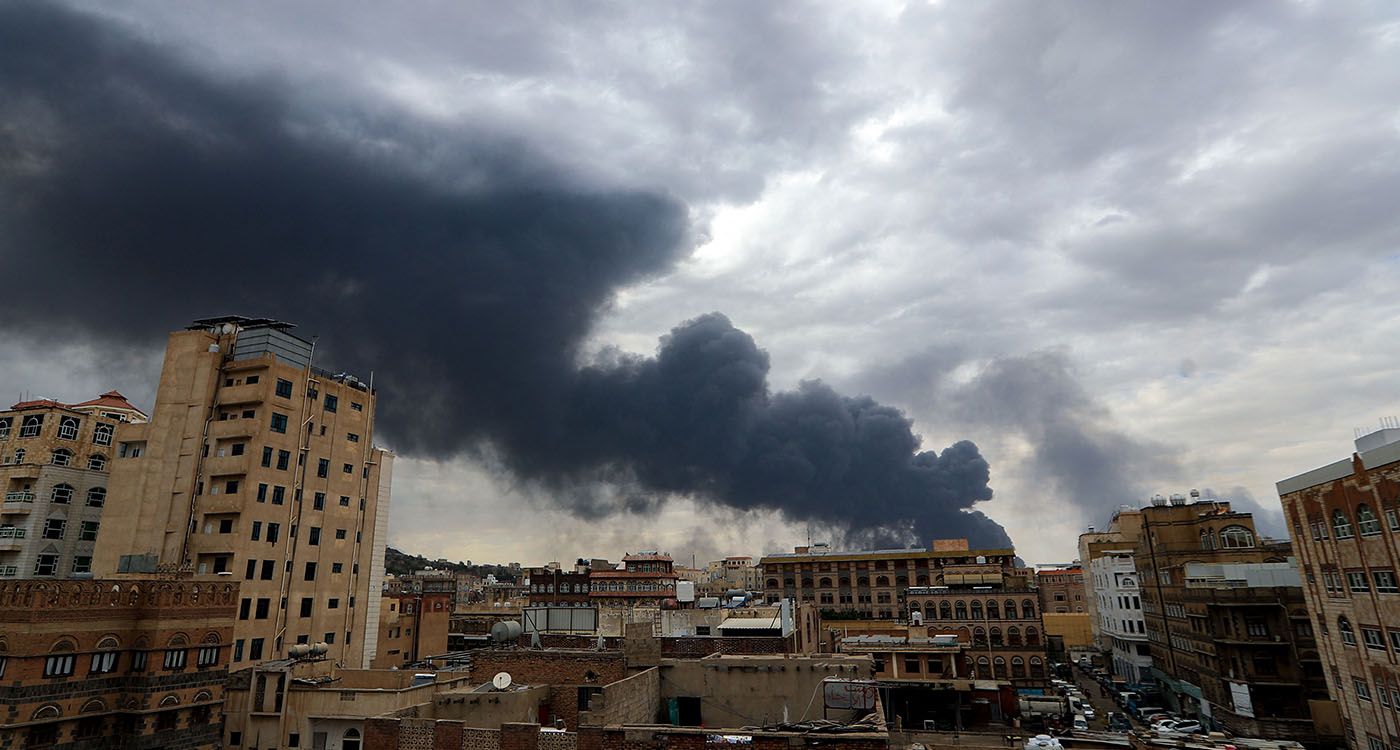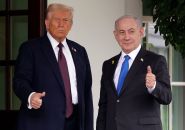- Home
- Middle East
- The Houthis: Masters of Unassisted Suicide

©Mohammed HUWAIS / AFP
Amid the ongoing turmoil in the Middle East, patterns emerge that we pretend to understand, only for them to slip through our fingers. The latest example: repeated missile launches by Yemen’s Houthis targeting Israel.
In this absurd drama, the Houthis have spent the past several months directing their attacks at Israel. Why? To support Gaza, officially—that’s the standard narrative. But perhaps also to remind the world that they’re still here, the last group still “resisting,” while others have laid down their arms or turned away.
Their poorly guided missiles cross the Red Sea in search of symbolic Israeli targets—the latest being Ben Gurion Airport. The response is swift and predictable: Israeli warplanes strike Sanaa’s airport with precision, destroying it. Did the Houthi leadership truly believe that firing at Ben Gurion would not provoke a massive retaliatory strike?
In a series of joint operations with the United States, Israel has also targeted key infrastructure—ports, energy facilities and more. In a surprising diplomatic twist, Washington announced that the Houthis—apparently stunned by what should have been foreseeable strikes—have “laid down their arms,” prompting the US to suspend its raids.
A ceasefire unilaterally declared by Washington. One can only be left speechless. The entire sequence underscores the Houthis’ baffling strategy: a group born from tribal conflict, expanded into a regional war, now reduced to a pawn in the so-called “axis of resistance,” where its allies have either left the battlefield or perished.
Iran, their ideological and financial backer, is far too focused on its nuclear and ballistic programs, using the Houthis as a bargaining chip. Nevermind that the Yemenis will need decades to rebuild their country. The survival of the mullahs' regime is worth a few “sacrifices.”
Meanwhile, Saudi Arabia still seeks retribution. In 2015, it launched a “blitzkrieg” operation, confident it could crush the Houthis in weeks. That was before the influx of weapons and funding from Iran and Hezbollah. Poorly backed by the West, the Saudi campaign devolved into a costly war of attrition, draining hundreds of billions of dollars and ending in strategic failure.
Next week, the American president is set to visit the Gulf. Will Donald Trump urge Riyadh to “finish the job,” this time with proper support? Nothing seems off the table.
One thing is clear: the Houthis have played their final act in a tragedy the world has stopped watching. They are forgotten pawns in Iran’s expansionist agenda. And perhaps that is the real defeat—fighting on while the rest of the world has already moved on.
Napoleon Bonaparte once said, “Never interrupt an enemy who is making a mistake.” The Houthis have done nothing but mistakes.
Read more




Comments